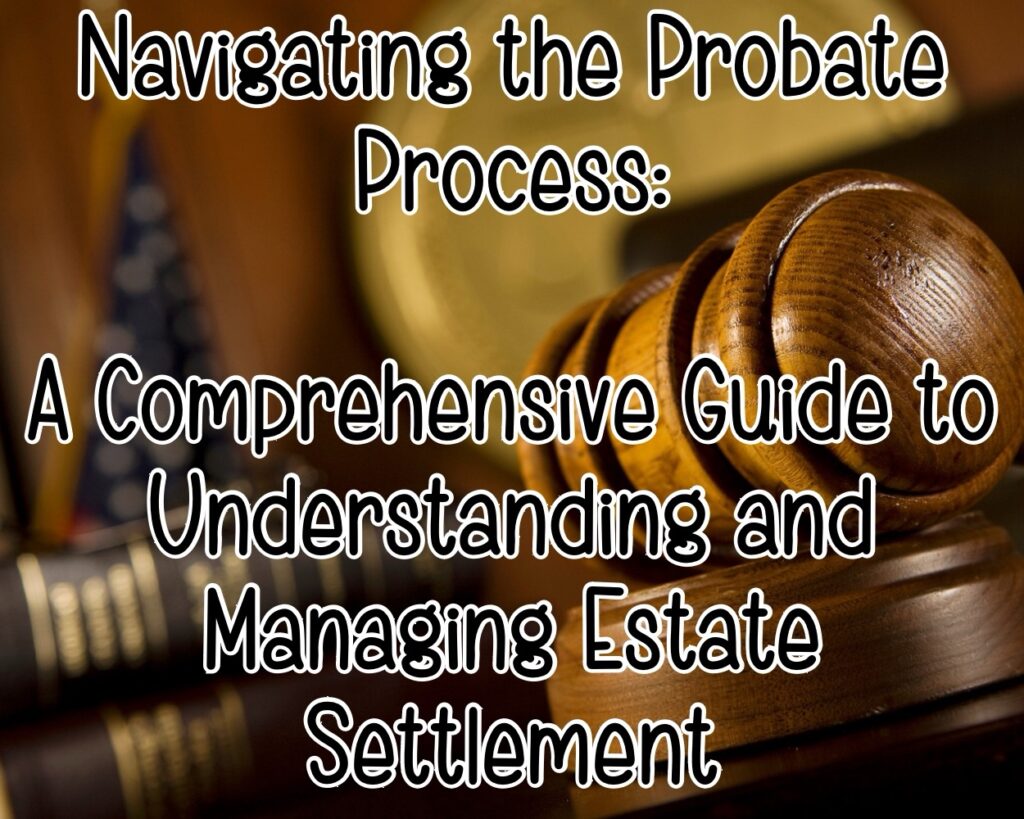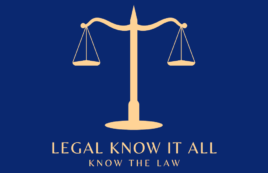Probate is a legal process that occurs after someone passes away. It involves proving in court that a deceased person’s will is valid, identifying and inventorying the deceased person’s property, appraising the property, paying debts and taxes, and distributing the remaining property as the will (or state law, if there’s no will) directs. This article aims to demystify probate and explain how it works in an easy-to-understand manner.

What is Probate?
Probate is the judicial process whereby a will is “proved” in a court of law and accepted as a valid public document that is the true last testament of the deceased, or whereby the estate is settled according to the laws of intestacy in the absence of a legal will.
The Probate Process
- Filing a Petition: To begin probate, a petition must be filed with the probate court to either admit the will to probate and appoint an executor or, if there’s no will, to appoint an estate administrator.
- Notifying Heirs and Creditors: Heirs and creditors must be formally notified of the death. If there’s a will, the executor named in the will takes this step. If there’s no will, the court appoints an administrator to manage these tasks.
- Inventorying the Estate: The executor or administrator must take inventory of the deceased’s property, which can include real estate, stocks, bonds, personal property, and other assets.
- Paying Debts and Taxes: The estate is responsible for paying valid claims by creditors and settling any taxes owed.
- Distributing the Remaining Assets: After debts and taxes are paid, the remaining assets are distributed according to the will or, if there’s no will, according to state intestacy laws.
- Closing the Estate: Finally, the executor or administrator will file a petition with the court to close the estate, signaling that all debts and taxes have been paid and the remaining assets have been distributed.
Types of Probate
- Formal Probate: This is a traditional court-supervised process and is used when there are disputes or complexities.
- Informal Probate: This is a less formal process used when heirs are in agreement, and there are no disputes.
Why is Probate Necessary?
Probate serves several purposes:
- Validating the Will: It ensures that the will is legal and that the deceased’s wishes are honored.
- Protecting the Rights of Heirs and Creditors: It ensures that the rights of heirs and creditors are protected.
- Ensuring Legal Transfer of Assets: It provides a legal process for transferring assets from the deceased to the beneficiaries.
How Long Does Probate Take?
The duration of probate can vary greatly depending on the size and complexity of the estate, the specific probate court, and whether there are any disputes over the will or estate. It can take anywhere from a few months to several years.
Can Probate Be Avoided?
Yes, there are several ways to avoid probate:
- Joint Ownership: Property owned jointly, often with a right of survivorship, passes automatically to the surviving owner.
- Death Beneficiaries: Accounts with designated beneficiaries (like retirement accounts and life insurance) bypass probate.
- Living Trusts: Property held in a living trust is transferred to beneficiaries without probate.
Probate can be a complex and lengthy process, but it plays a crucial role in settling a person’s affairs after their death. Understanding the basics of probate helps in planning your estate and can make the process smoother for your heirs. If you’re dealing with probate or planning your estate, it’s wise to consult with an estate planning attorney to navigate the process effectively.
What Happens If There Is No Will?
Answer: If there is no will, the estate is considered “intestate,” and state laws dictate how the assets are distributed. Typically, the court appoints an administrator to handle the estate, and assets are distributed to the closest relatives in an order set by law.
Is Probate Required for All Estates?
Answer: Not necessarily. Smaller estates may qualify for a simplified probate process, or in some cases, may not require probate at all. The rules vary by state and depend on the size and complexity of the estate.
Who Pays for Probate Expenses?
Answer: Probate expenses are paid out of the estate’s assets. These expenses can include court fees, appraisal costs, executor’s fees, and legal fees.
How Can I Make Probate Easier for My Heirs?
Answer: Having a well-drafted and up-to-date will, organizing your documents, and clearly communicating your wishes can make the probate process smoother. Additionally, considering tools like trusts or joint ownership can minimize the need for probate.
Can an Executor of a Will Be Compensated?
Answer: Yes, executors can be compensated for their time and effort. The amount varies depending on the will’s provisions, state law, and the complexity of the estate.
What Assets Do Not Go Through Probate?
Answer: Assets that typically do not go through probate include those held in joint tenancy, retirement accounts with named beneficiaries, life insurance policies, and assets held in a living trust.
Can Family Members Object to a Will During Probate?
Answer: Yes, beneficiaries or potential heirs can contest a will during probate. However, they must have a legal basis for their challenge, such as the will being improperly drafted or the deceased being under undue influence.
How Are Debts of the Deceased Handled in Probate?
Answer: Debts of the deceased are settled using the estate’s assets. If the estate is insolvent (debts exceed assets), state laws determine the order in which debts are paid.
Can Probate Be Handled Without an Attorney?
Answer: While it’s possible to handle probate without an attorney, it’s often advisable to seek legal advice, especially for larger or more complex estates, or if there are disputes among heirs.
What Is the Role of the Probate Court?
Answer: The probate court oversees the probate process, ensuring that the deceased’s assets are distributed correctly and legally. The court validates the will, appoints the executor or administrator, and resolves any disputes that arise.
As an Amazon Associate we earn from qualifying purchases through some links in our articles.




